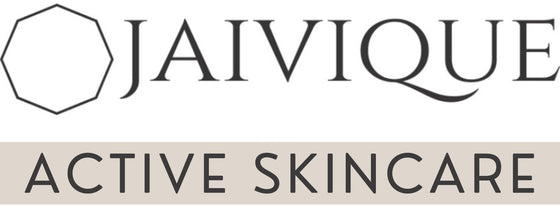Pigmentation is a common skin condition that can occur due to various reasons such as sun damage, hormonal changes, genetics, and inflammation. One question that often comes up is whether pigmentation can spread to other areas of the skin.
In this article, we will discuss the various types of pigmentation and whether they can spread to other areas.
Types of Pigmentation
Before we dive into the question of whether pigmentation can spread, it is important to understand the different types of pigmentation.
Sunspots or Age Spots: Sunspots, also known as age spots or liver spots, are small, flat, brown or black spots that appear on the skin due to overexposure to the sun.
Melasma: Melasma is a type of hyperpigmentation that appears as brown or gray-brown patches on the face, forehead, cheeks, nose, or upper lip. It is often caused by hormonal changes such as pregnancy or birth control pills.
Post-Inflammatory Hyperpigmentation (PIH): PIH is a type of hyperpigmentation that occurs after an injury, inflammation, or trauma to the skin. It appears as dark spots or patches that are often caused by acne, insect bites, or eczema.
Can Pigmentation Spread?
The answer to this question depends on the type of pigmentation.
Sunspots or Age Spots: Sunspots or age spots do not spread to other areas of the skin. However, new sunspots may develop if the skin is exposed to the sun without proper protection.
Melasma: Melasma can spread to other areas of the skin if left untreated. Hormonal changes can trigger the development of melasma, so it is important to manage stress levels, maintain a healthy lifestyle, and avoid triggers such as sun exposure.
Post-Inflammatory Hyperpigmentation (PIH): PIH does not spread to other areas of the skin. However, new PIH may develop if the skin is repeatedly injured or traumatized.
Prevention and Treatment of Pigmentation
Prevention is always the best approach when it comes to pigmentation. Here are some tips to prevent pigmentation:
Wear sunscreen daily: Sunscreen is essential to protect the skin from the harmful UV rays of the sun. Choose a sunscreen with broad-spectrum protection and an SPF of at least 30.
Avoid sun exposure: Limit your exposure to the sun, especially during peak hours between 10 am to 4 pm.
Wear protective clothing: Wear long-sleeved shirts, hats, and sunglasses to protect the skin from the sun.
Maintain a healthy lifestyle: Manage stress levels, exercise regularly, and eat a healthy diet to maintain hormonal balance.
Treat underlying conditions: If you have an underlying condition such as acne or eczema, seek treatment promptly to prevent the development of PIH.
In conclusion, prevention is always the best approach when it comes to pigmentation. Wear sunscreen daily, limit sun exposure, wear protective clothing, maintain a healthy lifestyle, and seek treatment promptly for any underlying conditions. With the right prevention and treatment strategies, you can help to reduce the appearance of pigmentation and achieve healthy, glowing skin.



